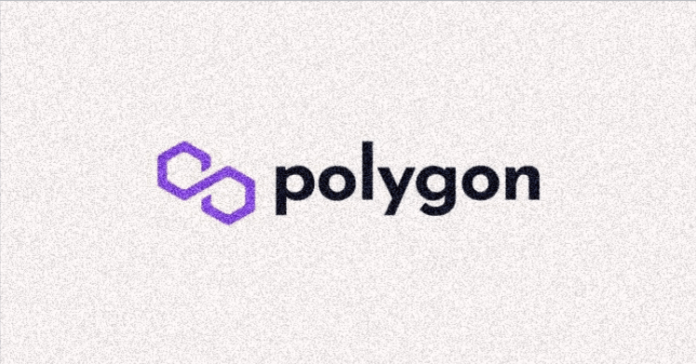Key highlights:
*Ethereum L2 scaling solution Polygon will perform a hard fork today (January 17) at 38,189,056 blocks.
*The hard fork that will take place on the Polygon PoS blockchain aims to slow the gas fee increase in the network.
*With the upgrade, the block generation time will be reduced from 128 seconds to 32 seconds. The hard fork will not cause a new token to be created.
Continuing to gain value against Bitcoin and Ethereum since mid-2022, Polygon is preparing to perform a hard fork to improve the efficiency of its PoS blockchain network and reduce gas fee increases. Approved by the team, the upgrade will also include the ability for delegates to see how validators are performing. Underperforming validators will be eliminated, making Polygon more efficient and secure.
The gas fees of Polygon, an Ethereum Layer 2 scalability network, have been on the rise lately. This situation, which was against Polygon’s logic of being in the market, led the community to offer solutions. The hard fork, which will reduce the gas fee increase rate, will also focus on chain reorganizations. According to Polygon’s announcement, the hard fork will take place on January 17.

The hard fork that will take place today will address the problem of the network operating with high gas fees, especially during heavy usage. The Polygon blockchain is used by more and more users and many popular dApps are hosted on Polygon. While the first reason for users to choose to use Polygon was the very low gas fees compared to Ethereum, it was the task of the Polygon developers to find mitigating solutions for the gas fee increasing gradually.
Solutions of Hard Fork
Nearly 3 weeks of preliminary discussion on the Polygon Improvement Proposal (PIP) forum shows that the community is deeply involved. The hard fork, which will take place at blocks 38,189,056, received a positive vote of 87% of Polygon Governance Team.
Another problem that the upgrade focuses on is the interchange of blocks due to chain reorganization. A temporary inconsistency issue sometimes arises in the network when nodes in the network hold different blockchain versions from each other. This both negatively affects the security of the network and causes increased processing times.

Will Validation Rewards Increase?
With the upgrade, less time will be required to validate the transactions and finalize the block. In a radical decision, the sequential block sequence length “sprint” produced by a single validator will be reduced from 64 blocks to 16 blocks. This will not only reduce the time to create a single block from 128 seconds to 32 seconds, but also make Polygon work more decentralized and more secure. This change will not change the MATIC rewards earned by validators.
With a market capitalization of over $9 billion, Polygon (MATIC) is ranked 10th, just ahead of Solana (SOL). What caused the skyrocketing in both the number of users and the price of MATIC was that many DeFi platforms opted to expand to the Polygon network in 2022. This hard fork will not result in the creation of a new token, so it is worth being wary of MATIC-derived cryptocurrencies released by scammers.
















